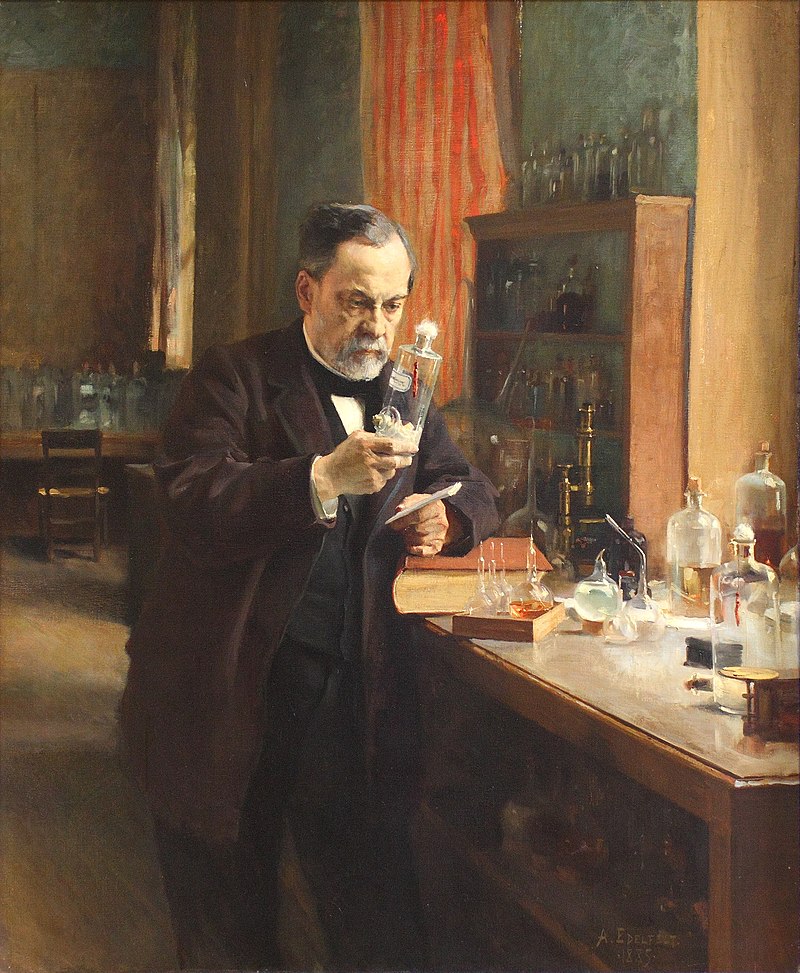Apostle Peter in Prison, Rembrandt, 1631
Israel Museum, Jerusalem [Web Gallery of Art]
Readings (New American Bible: Philippines, USA)
Readings (Jerusalem
Bible: Australia, England & Wales, India [optional], Ireland, New Zealand,
Pakistan, Scotland, South Africa)
Gospel Mark 8:27-35 (New Revised Standard Version, Catholic Edition, Canada)
Jesus went on with his disciples to the
villages of Caesarea Philippi; and on the way he asked his disciples, “Who do
people say that I am?” And they answered him, “John the Baptist; and others,
Elijah; and still others, one of the prophets.” He asked them, “But who do you say that I am?” Peter
answered him, “You are the Messiah.” And he sternly ordered them not to tell
anyone about him.
Then he began to teach
them that the Son of Man must undergo great suffering, and be rejected by the
elders, the chief priests, and the scribes, and be killed, and after three days
rise again. He said all this quite openly. And Peter took him aside and began
to rebuke him. But turning and looking at his disciples, he rebuked Peter
and said, “Get behind me, Satan! For you are setting your mind not on divine
things but on human things.”
He called the crowd with his disciples, and said to them,
“If any want to become my followers, let them deny themselves and take up their
cross and follow me. For those who want to save their life
will lose it, and those who lose their life for my sake, and for the sake of
the gospel, will save it.
This Sunday Benedict Daswa will be beatified in South Africa, the first South African to be formally recognized by the Church as a martyr. He was martyred on 2 February 1990, the day that Nelson Mandela was released from prison.
Blessed Benedict - he took that name when he became a Catholic in 1963 - was 43 when he died, a husband and father of eight children and a school principal. He was killed because of his opposition to witchcraft, which was widespread in his community, practised, out of fear, even by some Catholics.
The beatification ceremony takes place on a day when the First Reading and the Gospel focus on the cost of being a follower of Jesus Christ.
Pope Benedict XVI visited Lebanon three years ago, 14-16 September. The 16th was the Twenty-fourth Sunday in Ordinary Time, Year B, the same as this Sunday.
During his times as pontiff Benedict XVI constantly emphasised that our faith as Catholic Christians is in the person of Jesus Christ, something that Pope Francis often does too.
Pope Benedict's homily at the Sunday Mass at the Beirut City Center Waterfront was based on the readings of the day, as a homily should be, and he focused mainly on the gospel. Here are some extracts from that homily, with some parts highlighted.
St George Maronite Cathedral and Mohammad Al-Amin Mosque, side by side in Beirut
[Photo: Wikipedia]
On this Sunday when the Gospel asks us about the true identity of Jesus, we find ourselves transported with the disciples to the road leading to the villages around Caesarea Philippi. Jesus asks them: “Who do you say that I am?” (Mk 8:29). The moment he chose to ask this question is not insignificant. Jesus was facing a decisive turning-point in his life. He was going up to Jerusalem, to the place where the central events of our salvation would take place: his crucifixion and resurrection. In Jerusalem too, following these events, the Church would be born.
And at this decisive moment, Jesus first asks his disciples: “Who do men say that I am?” (Mk 8:27). They give very different answers: John the Baptist, Elijah, one of the prophets! Today, as down the centuries, those who encounter Jesus along their own way give their own answers. These are approaches which can be helpful in finding the way to truth. But while not necessarily false, they remain insufficient, for they do not go to the heart of who Jesus is. Only those willing to follow him on his path, to live in fellowship with him in the community of his disciples, can truly know who he is.
Finally, Peter, who had dwelt with Jesus for some time, gives his answer: “You are the Christ” (Mk 8:29). It is the right answer, of course, but it is still not enough, since Jesus feels the need to clarify it. He realizes that people could use this answer to advance agendas which are not his, to raise false temporal hopes in his regard. He does not let himself be confined to the attributes of the human saviour which many were expecting.
By telling his disciples that he must suffer and be put to death, and then rise again, Jesus wants to make them understand his true identity. He is a Messiah who suffers, a Messiah who serves, and not some triumphant political saviour. He is the Servant who obeys his Father’s will, even to giving up his life. This had already been foretold by the prophet Isaiah in today’s first reading. Jesus thus contradicts the expectations of many. What he says is shocking and disturbing. We can understand the reaction of Peter who rebukes him, refusing to accept that his Master should suffer and die! Jesus is stern with Peter; he makes him realize that anyone who would be his disciple must become a servant, just as he became Servant.
Christ Handing the Keys to St Peter, Perugino,1481-82
Sistine Chapel, Vatican [Web Gallery of Art]
Following Jesus means taking up one’s cross and walking in his footsteps, along a difficult path which leads not to earthly power or glory but, if necessary, to self-abandonment, to losing one’s life for Christ and the Gospel in order to save it. We are assured that this is the way to the resurrection, to true and definitive life with God.
Choosing to walk in the footsteps of Jesus Christ, who made himself the Servant of all, requires drawing ever closer to him, attentively listening to his word and drawing from it the inspiration for all that we do.
(16 June 1946 - 2 February 1990)
The final verse of today's Responsorial Psalm, which includes the response, has been surely fulfilled in the life of Blessed Benedict Daswa:
For he has freed my soul from death,
my eyes from tears, my feet from stumbling.
I shall walk before the Lord
in the land of the living.
my eyes from tears, my feet from stumbling.
I shall walk before the Lord
in the land of the living.
Responsorial Psalm (Philippines, USA)
Antiphona at introitum
Entrance Antiphon Cf. Sirach 36:18
Da pacem, Domine sustinentibus te,
Give peace, O Lord, to those who wait for
you,
ut prophetae tui fideles inveniantur,
that your prophets be found true.
exaudi preces servi tui, et plebis tuae
Israel.
Hear the prayers of your servants, and of
your people Israel.
(Ps 122 [121]: 1) Laetatus sum in his quae dicta sunt mihi:
I was glad when they said to me,
in domum Domini ibimus.
'Let us go to the house of the Lord.'
Gloria Patri, et Filio, et Spiritui Sancto.
Glory to the Father, and to the Son, and to the Holy Spirit.
Sicut erat in principio, et nunc, et semper.
As it was in the beginning, is now, and ever will be,
et in saecula saecolorum. Amen.
world without end. Amen.
Da pacem, Domine sustinentibus te,
Give peace, O Lord, to those who wait for you,
ut prophetae tui fideles inveniantur,
that your prophets be found true.
exaudi preces servi tui, et plebis tuae Israel.
Hear the prayers of your servants, and of your people Israel.
The text above in bold is the Entrance Antiphon for this Sunday in the Ordinary Form of the Mass. The complete text is the Entrance Antiphon or Introit used on the 18th Sunday after Pentecost in the Extraordinary Form.














